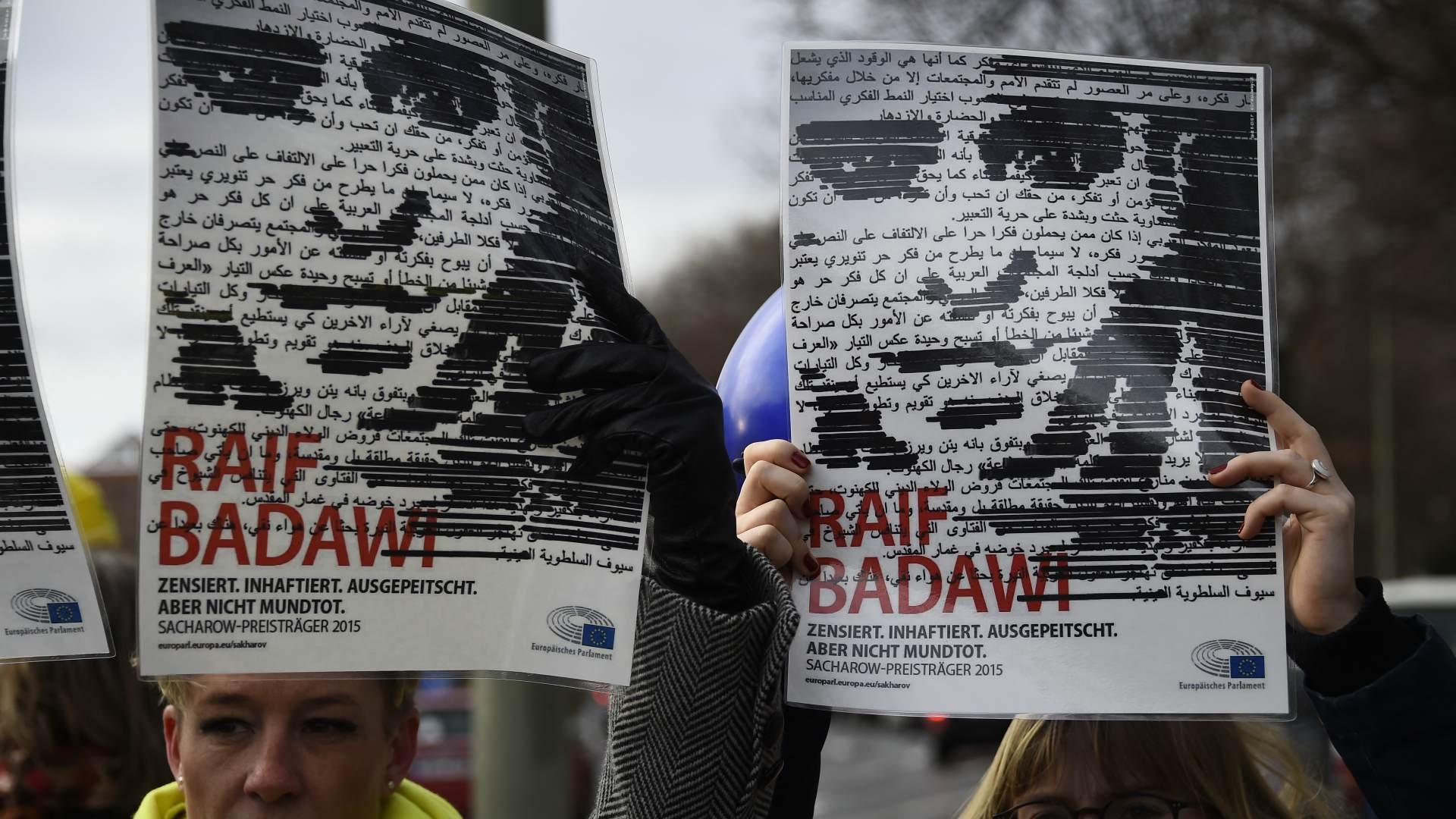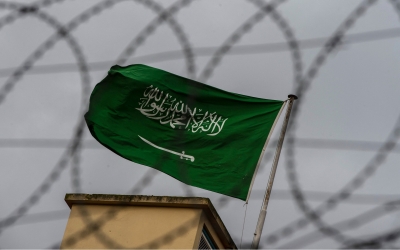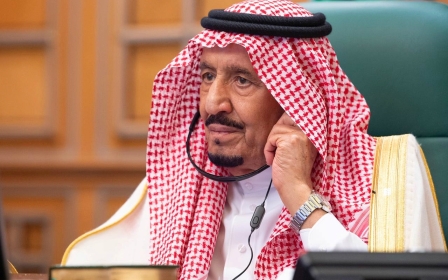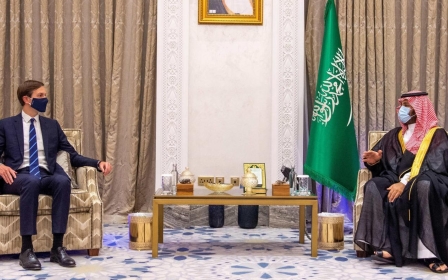Amnesty calls on Saudi Arabia to end travel bans for released activists

Saudi authorities must end the use of travel bans against human rights activists, journalists, and critics of the government, says Amnesty International.
As part of a campaign launched on Monday, the London-based rights group cited the plight of 30 human rights defenders who were subject to lengthy travel bans once they had completed their prison sentences.
"Saudi Arabian authorities' arbitrary use of travel bans against activists and human rights defenders reflects a bleak reality in the country, where dissenting voices continue to be ruthlessly silenced while leaders speak of progressive reform," Lynn Maalouf, Amnesty's Deputy Director for the Middle East and North Africa, said in a statement on Monday.
Maalouf added that any activists who expressed opinions over human rights conditions had become "victims of unlawful and punitive travel bans that effectively curtail their freedom of movement".
The rights group highlighted the case of Raif Badawi, a blogger who was imprisoned in 2014 and released in March.
Badawi was arrested in 2012 over the Free Saudi Liberals website he ran, which called for freedom of expression and encouraged a debate on human rights and religious issues in the Gulf Kingdom.
After his arrest, he was charged with insulting Islam online, among other things.
He was sentenced in 2014 to 10 years in prison, a hefty fine, a travel ban, and 1,000 public lashes to be meted out over a period of 20 consecutive weeks.
He received his first 50 lashes in 2015, but the rest were suspended due to health concerns and international condemnation.
Multiple rights organisations, including Human Rights Watch and Reporters Without Borders (RSF), have called on Saudi authorities to end his travel ban after enduring a decade of separation from his family, who currently reside in Canada.
Saudi purges
Saudi Arabia is known for its extensive crackdown on journalists, activists, and critics of its political system.
Previous waves of detention have been widely condemned by critics and rights groups that accuse Crown Prince Mohammed bin Salman of utilising anti-corruption sentiments to purge potential rivals to the crown or anyone deemed a threat to his rule.
Scores of the kingdom's economic and political elite were detained in 2017 at Riyadh's Ritz-Carlton hotel in a crackdown that unsettled some foreign investors.
In 2019, the royal court said it was winding down its anti-corruption campaign after 15 months, but authorities later said they would start going after graft by ordinary government employees.
Last month, Saudi authorities arrested several prominent judges on charges of high treason, in what rights groups have said resembled previous purges in the country.
RSF ranked the Kingdom 166 out of 180 countries in its 2022 World Press Freedom Index.
Middle East Eye propose une couverture et une analyse indépendantes et incomparables du Moyen-Orient, de l’Afrique du Nord et d’autres régions du monde. Pour en savoir plus sur la reprise de ce contenu et les frais qui s’appliquent, veuillez remplir ce formulaire [en anglais]. Pour en savoir plus sur MEE, cliquez ici [en anglais].





